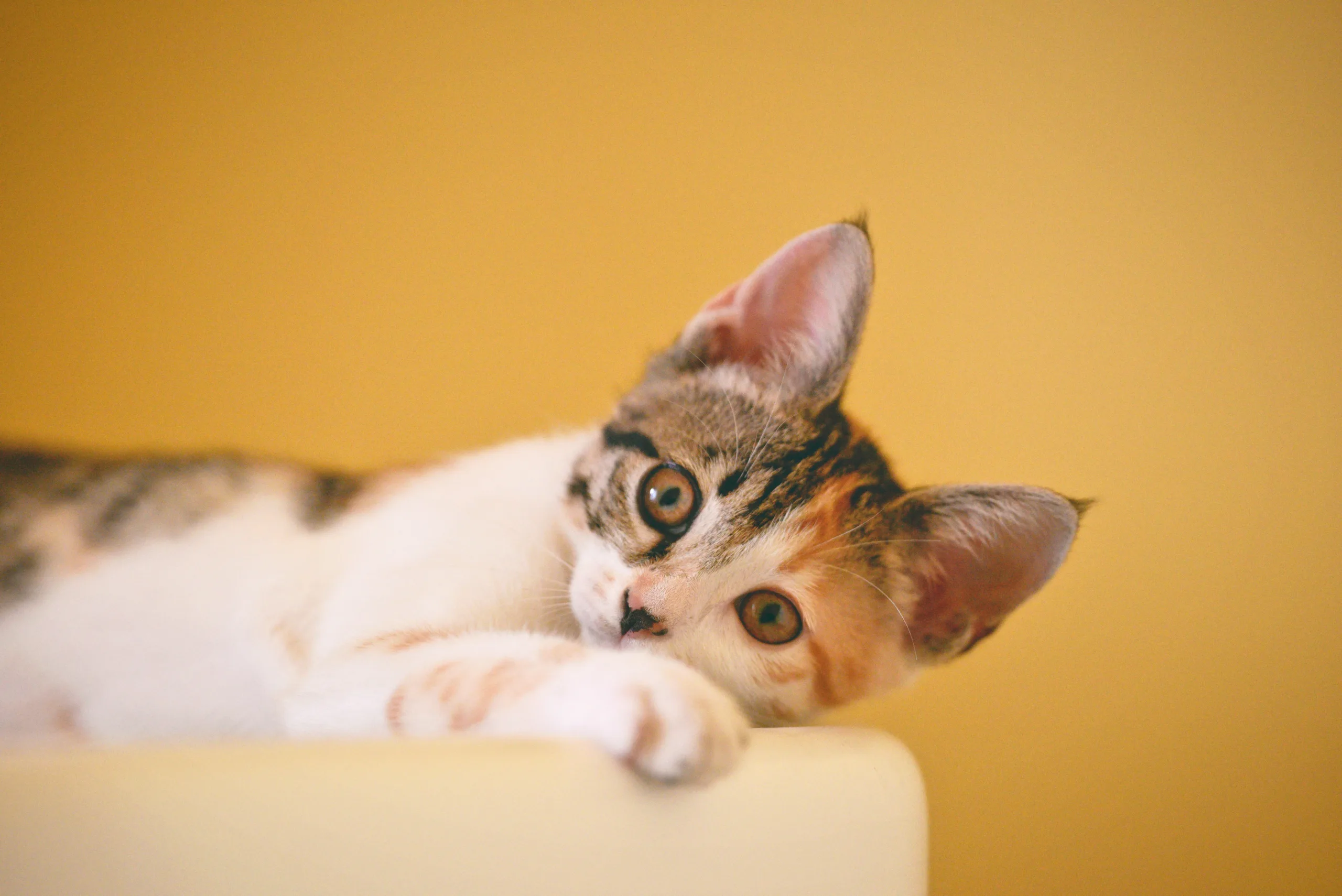How To Treat Parvo in Cats at Home? Parvo, officially known as feline panleukopenia virus (FPV), is a highly contagious and potentially life-threatening viral infection that primarily affects cats. It attacks rapidly dividing cells, particularly those found in the bone marrow, intestines, and lymph nodes. While parvo is a serious condition that requires immediate veterinary attention, there are some steps you can take at home to support your cat’s recovery and manage their symptoms. In this article, we’ll delve into the methods of treating parvo in cats at home, the signs and symptoms to watch for, and frequently asked questions related to this viral infection.
For more about cats click here
Understanding Parvo in Cats:
Feline panleukopenia virus primarily affects kittens and unvaccinated cats. It is highly contagious and can be transmitted through direct contact with an infected cat’s bodily fluids, contaminated objects, or even fleas that have fed on an infected cat. The virus attacks rapidly dividing cells, leading to a range of symptoms including fever, vomiting, diarrhea, lethargy, loss of appetite, and a compromised immune system.
Signs and Symptoms of Parvo in Cats:
- Gastrointestinal Distress: Cats infected with parvo often experience severe vomiting and diarrhea, leading to dehydration and electrolyte imbalances.
- Lethargy: Infected cats may become lethargic and lose interest in their usual activities.
- Loss of Appetite: Cats with parvo may refuse to eat or drink, contributing to their weakened condition.
- Fever: Elevated body temperature is a common sign of infection.
- Dehydration: Due to vomiting and diarrhea, cats can quickly become dehydrated, which further compromises their health.
- Depressed Immune System: Parvo attacks white blood cells, weakening the immune system and leaving cats susceptible to secondary infections.
Treating Parvo in Cats at Home:
It’s crucial to note that parvo is a serious condition that requires veterinary intervention. If you suspect your cat has parvo, it’s essential to consult a veterinarian immediately. However, there are some supportive measures you can take at home while seeking professional help:
- Isolation: Isolate the infected cat to prevent the virus from spreading to other cats. Use separate food and water bowls, litter boxes, and bedding.
- Hydration: Dehydration is a significant concern with parvo. Offer your cat electrolyte solutions or water with a syringe if they’re not drinking on their own. Consult your vet for specific recommendations.
- Nutrition: Offer bland, easily digestible foods like boiled chicken or plain rice. Consult your vet for appropriate dietary choices that won’t exacerbate your cat’s symptoms.
- Temperature Monitoring: Keep an eye on your cat’s body temperature. If they have a fever, use a lukewarm compress to help reduce it.
- Symptom Management: If your cat is vomiting, consider providing small, frequent meals to ease their stomach. Avoid over-the-counter medications without veterinary guidance.
- Clean Environment: Thoroughly clean and disinfect your cat’s living area to prevent the spread of the virus. Use a bleach solution for effective disinfection.
- Veterinary Care: While home care can help manage symptoms, parvo is a serious illness that requires professional treatment. Your vet can administer fluids, provide medication to control vomiting and diarrhea, and offer supportive care to improve your cat’s chances of recovery.
FAQs on How To Treat Parvo in Cats at Home?
Q1: Can you save a cat with parvo? With prompt and appropriate veterinary care, many cats can recover from parvo. However, the severity of the infection and the cat’s overall health play a significant role in their prognosis.
Q2: Can cats survive parvo without treatment? The chances of survival without treatment are significantly lower. Veterinary intervention is crucial to provide supportive care, fluids, and medication to manage symptoms and improve the cat’s condition.
Q3: How do you treat parvo in cats? Veterinary treatment for parvo may include administering fluids to combat dehydration, controlling vomiting and diarrhea, and offering nutritional support. Severe cases may require hospitalization.
Q4: How do you treat parvo without a vet? While supportive home care can help manage symptoms, treating parvo without a vet is not recommended. Professional medical attention is necessary to address the severity of the infection and provide appropriate treatment.
Q5: How many days does parvo last in cats? The duration of parvo varies based on the severity of the infection and the effectiveness of treatment. Mild cases may last a week, while more severe cases may require several weeks of treatment and recovery.
Q6: Can a cat survive parvo at home? It’s not advisable to rely solely on home care for parvo treatment. Professional veterinary care is essential to ensure proper diagnosis, symptom management, and a higher chance of successful recovery.
While supportive care at home can provide comfort to your cat during their battle with parvo, it’s important to remember that parvo is a complex and potentially life-threatening condition. Seeking immediate veterinary attention is crucial for the best outcome.
Click here for more
